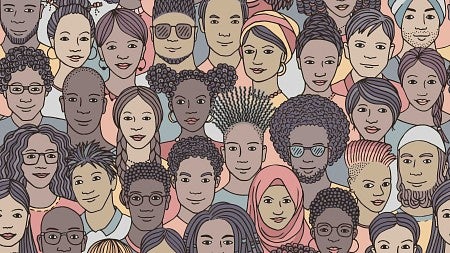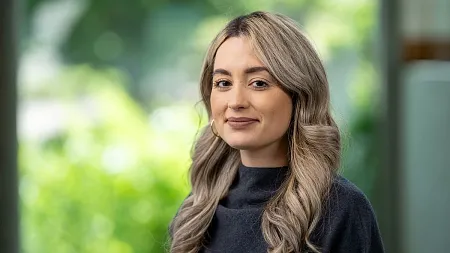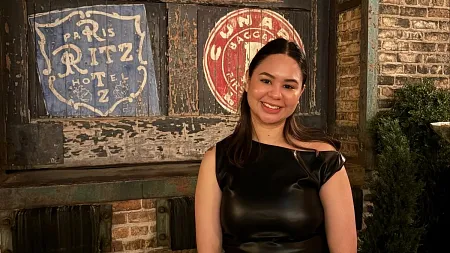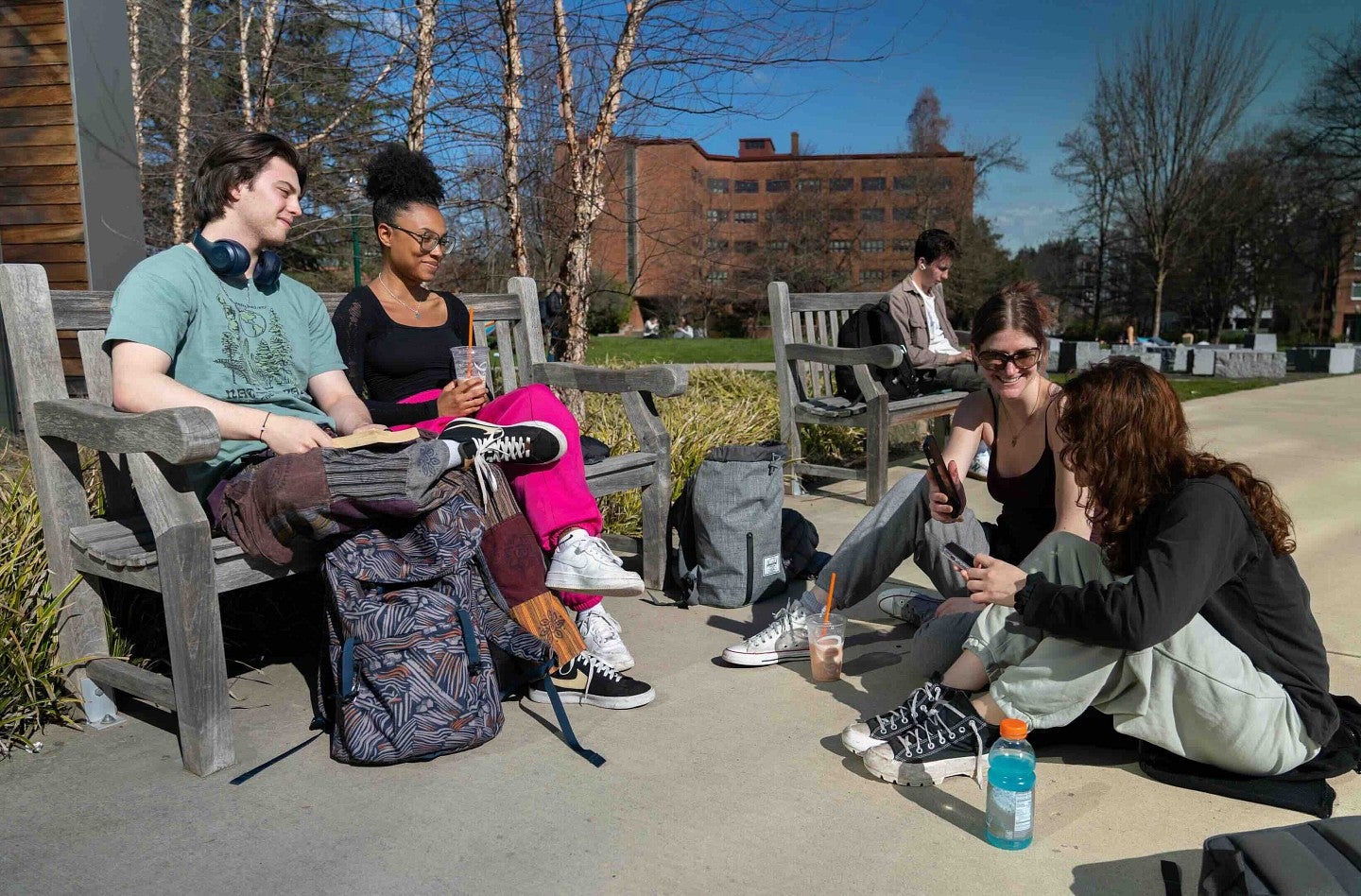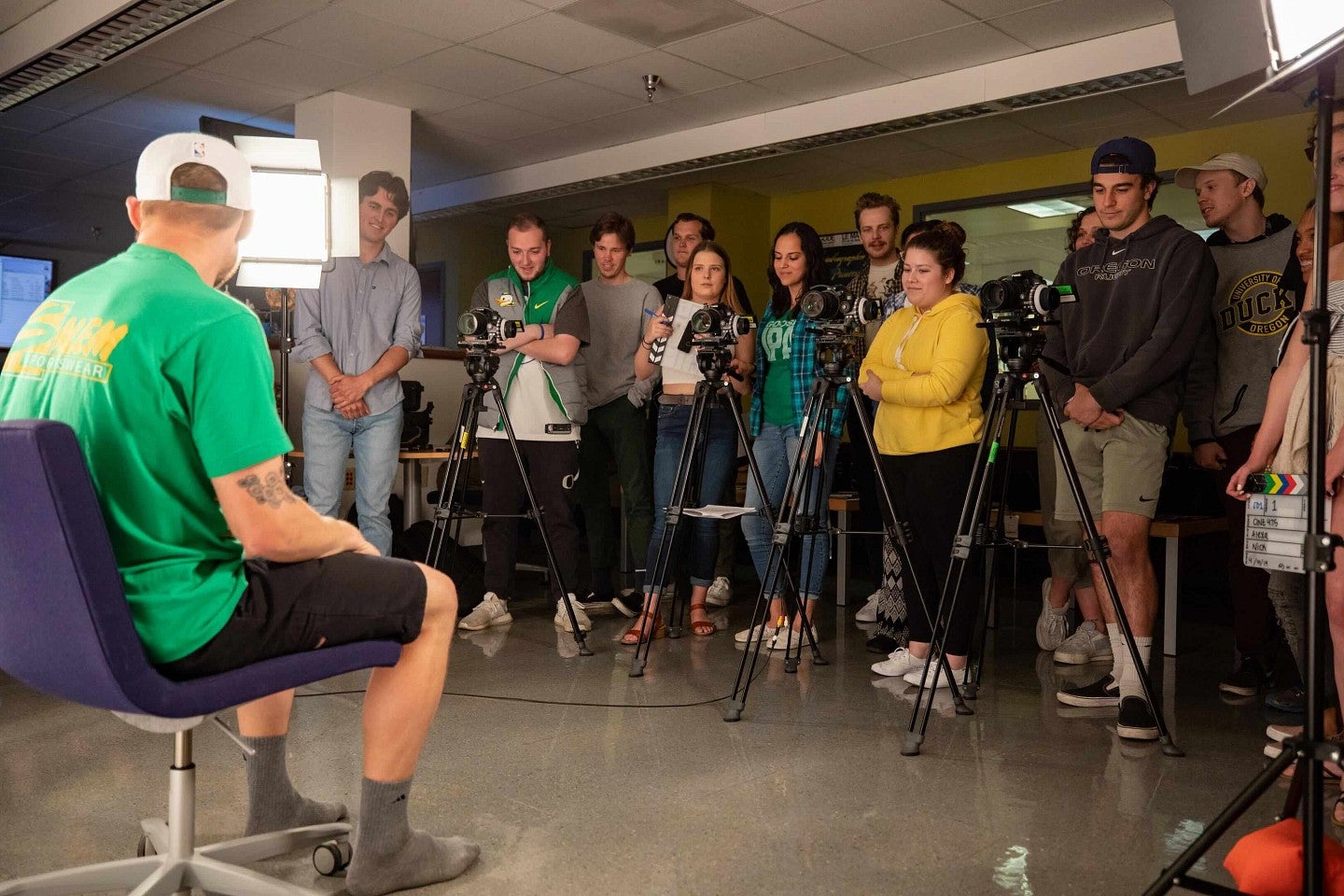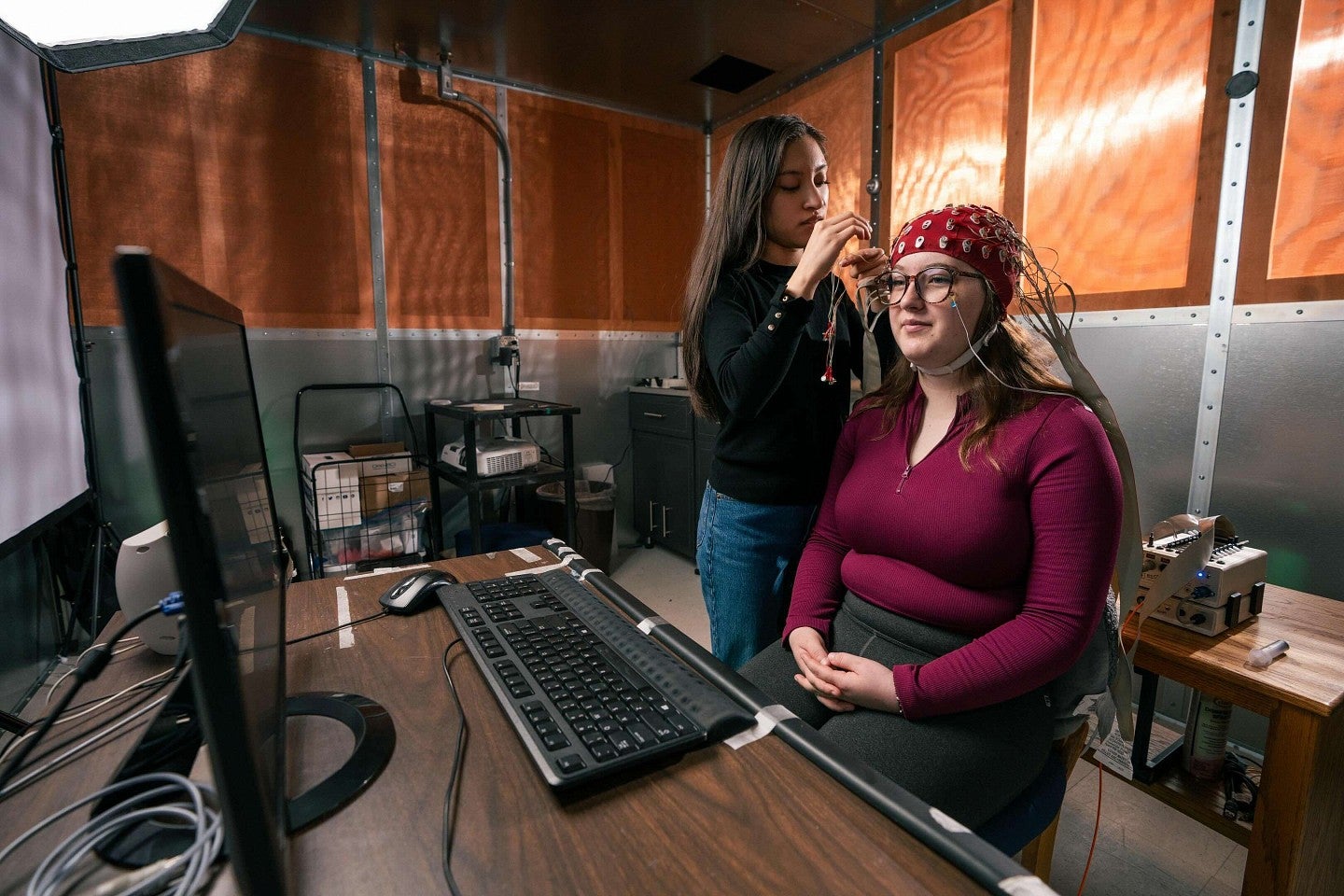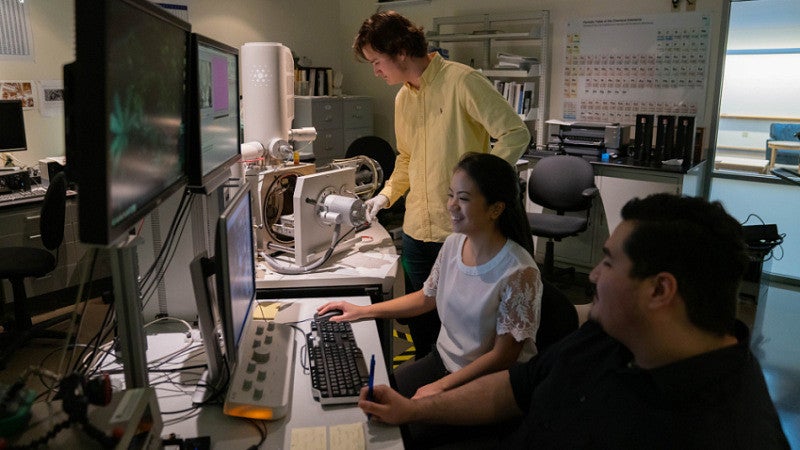
Social sciences provide an analytical approach to society’s problems. As a result, faculty and students in the social sciences often focus on complex and intersectional issues such as racism, international conflict and war, climate change, and poverty. Through an objective and empirical approach to these issues, the goal is to generate genuine passion and equip future leaders with the skills they need to address the world’s challenges. Explore majors, minors, concentrations, and academic programs in the social sciences.
African Studies
Anthropology
Asian Studies
Black Studies
Climate Studies
Commerce and Society
Criminology
Economics
Environmental Science
Environmental Studies
News from Social Sciences
All news »
We Love Our Supporters
Gifts to the College of Arts and Sciences can help our students make the most of their college careers. To do this, CAS needs your support. Your contributions help us ensure that teaching, research, advising, mentoring, and support services are fully available to every student. Thank you!
World-Class Faculty in the Social Sciences
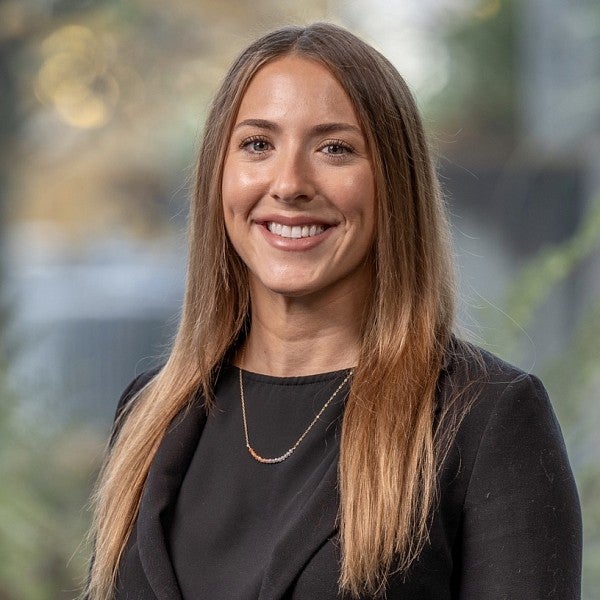
Ashley Cordes
Assistant Professor of Indigenous Media in Environmental Studies and Data Science
Ashely Cordes is an academic expert in Indigenous data sovereignty, artificial intelligence, blockchain technology and cryptocurrency. Her research explores how Indigenous communities can leverage technological utilities—such as cryptocurrency and AI—for Tribal economic independence, representational and data sovereignty, and preservation of knowledge systems.
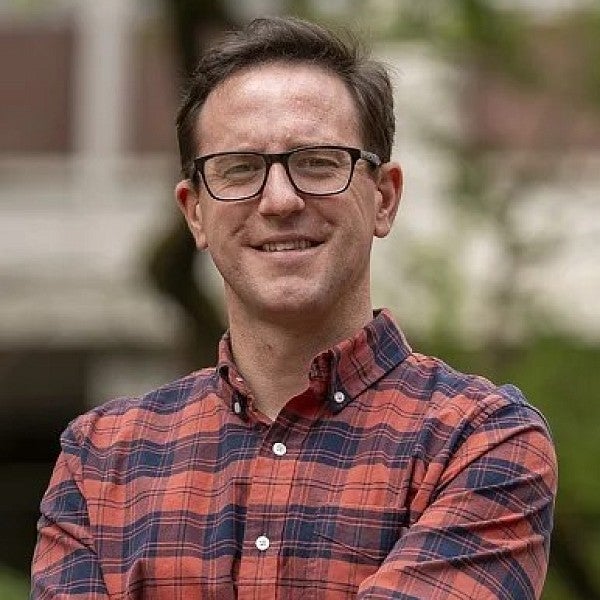
Neil O'Brian
Assistant Professor of Political Science
Neil O’Brian is an academic expert in U.S. politics focusing on public opinion, political parties, and polarization. His recent work has focused on how people’s perceptions of politics and current events affect their political attitudes. He’s recently published the book The Roots of Polarization: From the Racial Realignment to the Culture Wars (University of Chicago Press).
O’Brian is the second UO researcher to receive an Andrew Carnegie Fellowship. O’Brian is using the fellowship to further explore what he calls the “doctor’s project.” The start of this research began when he identified a partisan divide in the trust people have in their physicians; those on the political right expressed less trust in their doctors than those on the left. This is a recent phenomenon, as data showed no difference in trust in one’s doctor until a shift in 2020-21, during the emergence of the COVID-19 pandemic. O’Brian argues the partisan divide over public health measures—such as masking and vaccines—led to less trust in the medicine industry.
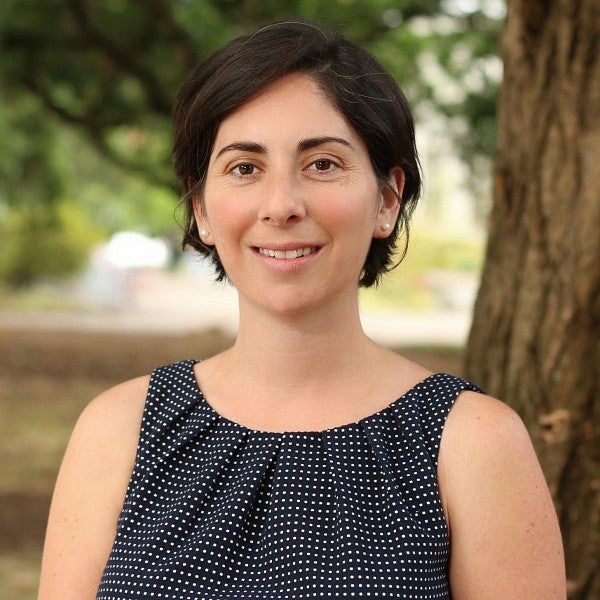
Melissa Graboyes
Associate Professor of History, Global Health Program
Melissa Graboyes is a historian of modern Africa and a global health specialist whose research focuses primarily on medicine and science in the East African region.
Graboyes’ current research projects have been supported by major research funds. Her work on the history of malaria elimination on the African continent is funded by a five-year National Science Foundation CAREER award. A three-year collaborative research project on returning research results from social science disciplines to African participants—removing costly barriers to make findings more accessible—is funded with a three-year NSF award. She is also working on global health research at the local Eugene level through her project on aspects of care for people who inject drugs.
As a mentor, Graboyes works with undergraduate students in research groups. She leads the Global Health Research Group, which helps students gain skills and tools for conducting undergraduate research. The group consists of students interested in global health-related topics, as well as students majoring in a STEM field who are interested in ethics, history and the processes of science.

Schnitzer School of Global Studies and Languages
At the Schnitzer School of Global Studies and Languages, UO students engage with diverse cultures, languages, histories, and lifeways across the world. Students of the social sciences, from Anthropology to Sociology, will broaden and deepen their education in their field by viewing it—and experiencing it—through a global lens. GSL prepares our graduates for life after college with an interdisciplinary curriculum, innovative language teaching, abundant learning opportunities outside the classroom, and paths of study that lead to many options for real-world careers.
Research in the Social Sciences
Research in the social sciences investigates human behavior and the motivations that influence it. Although some of our research occurs in the lab, much of it is conducted out in the field using a variety of methodological approaches, from exploratory to experimental. The results of our research often carry societal-level implications and may point to solutions for addressing local, national, or global challenges.
Explore Other Majors and Minors in the College of Arts and Sciences
Meet Our Dean
Welcome to the social sciences division of the College of Arts and Sciences. Within our community, we address some of the world’s problems—big or small—through interdisciplinary research and critical thinking. What drives us is a passion for exploring human behavior and society.
The social sciences provide the necessary foundation for any academic inquiry, from the creative arts to the natural sciences. Inside the classroom, we lead courses that are engaging and thought-provoking, inspiring students to become better citizens of our world and work toward a more inclusive future.
We also believe real-world experience offers some of the most impactful learning opportunities. From internships to study abroad trips that offer new cultural experiences, our students regularly engage in hands-on learning work that reaches across social, disciplinary, and geographic boundaries, allowing them to forge new connections and spark new ideas.
We look forward to changing the world with you.
Bruce McGough
Divisional Associate Dean, Social Sciences
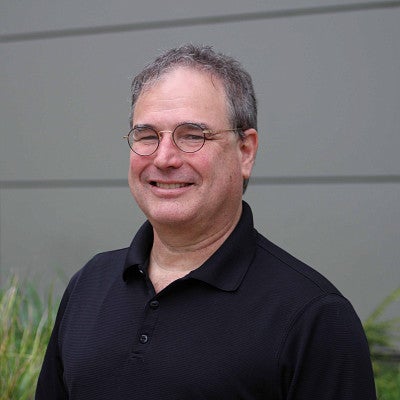
Happening at CAS
3:30–4:30 p.m.
Not sure where to start with career planning? You’re not alone! Join us for a hands-on workshop that introduces the many resources available to graduate students at the University of Oregon. It’s never too early or too late to start shaping your career path. Learn how to make the most of career tools, campus programs, and professional development opportunities designed to help you explore options, build confidence, and take your next steps forward. Register for this free event at https://app.smartsheet.com/b/form/0198e2b551ef7f9fb7c0ca9a85f6e27c to receive the Zoom link.
This is the first of seven events as part of the GradEdge: Midweek Career Workshops series. Join us every Wednesday afternoon this term!
4:30–6:00 p.m.
Myunp Sum Lim Lecture Series in Korean Studies
Performer:
Jordan VanHemert
Assistant Professor of Saxophone and Director of Jazz Studies
Northeastern State University
The performance is based on Dr. VanHemert's second album, "Nomad" where he explores concepts of home and what it means to explore Korean American identity through Jazz. In his words, "In this project, I reharmonized several Korean folk and children's songs to present them to new audiences and preserve our musical culture." His band members also bring many different Korean identities.
Event sponsors: the Oregon Humanities Center, Academic Residential and Research Initiatives—Faculty in Residence Program, Department of East Asian Languages and Literatures, and Center for Asian and Pacific Studies.
6:30–8:00 p.m.
The Wayne Morse Center and UO's Political Science Department invite you to join via Zoom or in person.
In the ten years since the US Supreme Court’s landmark decision in Obergefell v. Hodges, which made marriage equality the law of the land, the LGBTQ+ community has achieved unprecedented progress and experienced unfathomable loss. This panel recounts the struggle for marriage equality—at the ballot, in the courts, and in the streets—the immediate response, and the setbacks and new fault lines that have emerged in the advancement of LGBTQ+ rights.
The panel features:
- US District Court Chief Judge Michael McShane who struck down Oregon’s ban on same-sex marriage in 2014,
- Nationally recognized LGBTQ+ rights and gun safety advocate Brandon Wolf (Human Rights Campaign), and
- Prof. Alison Gash, head of the UO's Department of Political Science and an academic expert in, among other things, US courts, same-sex marriage, gender, constitutional rights and public policy.
Department of Chemistry and Biochemistry Organic/Inorganic/Materials Seminar Series
Michel Barsoum, Drexel University Host: Matthias Agne
Title: Quantum-Confined 1D Lepidocrocite Titanates and Their Exceptional Properties
Abstract: In 2022, we discovered that reacting >15 Ti-compounds with tetraalkylammonium hydroxides, at 1 atm. and temperatures < 100°C – more recently at room temperature – converts them into truly one dimensional, lepidocrocite-titania, 1DL, nanofilaments ≈ 5×7 Å2 in cross-section. Quantum confinement to 1D, boosts Eg to ≈ 4 eV. With effective specific surface areas >1500 m2/g, some of their properties are outstanding such as record photochemical H2-production with exceptional (>6 months) stability. DFT calculation suggest 1DLs are thermodynamically stable in water; if so, this would be a first for a 1D material. We show excellent OER rates and stabilities. Electrodes made with 1DLs, or their composites, perform well in supercapacitors, S- and Li-batteries. The record adsorption of heavy metal cations and cationic dyes and the photochemical degradation of the latter into CO2 and water is discussed. The ease, low cost, one pot simplicity and scalability of our process cannot be overstated. Last year we made a 1 kg batch in a lab setting.
Bio: Prof. Michel W. Barsoum is Distinguished Professor in the Department of Materials Science and Engineering at Drexel University. He is an internationally recognized leader in the area of MAX phases and more recently the 2D solids labeled MXenes derived from the MAX phases. Ten years ago he discovered a new universal mechanism – ripplocation – in the deformation of layered solids. Most recently he discovered a new form on titania: a truly one-dimensional titania. At a core-section of 5×7 Å, this titania is the thinnest possible. With over 550 refereed publications and a Google h index is 151, his work has been cited >136,000 times to date. He has been listed on the Web of Science’s highly cited researchers list from 2018 to the present. According to a recent Stanford University study, he had the highest c-index (combines citations and h-index) in the Materials Science subfield for the last 3 years and is 4th on the all-time list of material scientists in the world. He is a foreign member of the Royal Swedish Society of Engineering Sciences, National Academy of Inventors, fellow of the American Ceramic Soc. and the World Academy of Ceramics. He is the author the books, MAX Phases: Properties of Machinable Carbides and Nitrides and Fundamentals of Ceramics, a leading textbook in his field. In 2020, he was awarded the International Ceramics Prize for basic science by the World Academy of Ceramics. This prize is awarded quadrennially and is one of the highest in his field. The prize was awarded for “… outstanding contribution in opening new horizons in material research and specifically for your pioneering work in MAX phases and their derivatives.”

